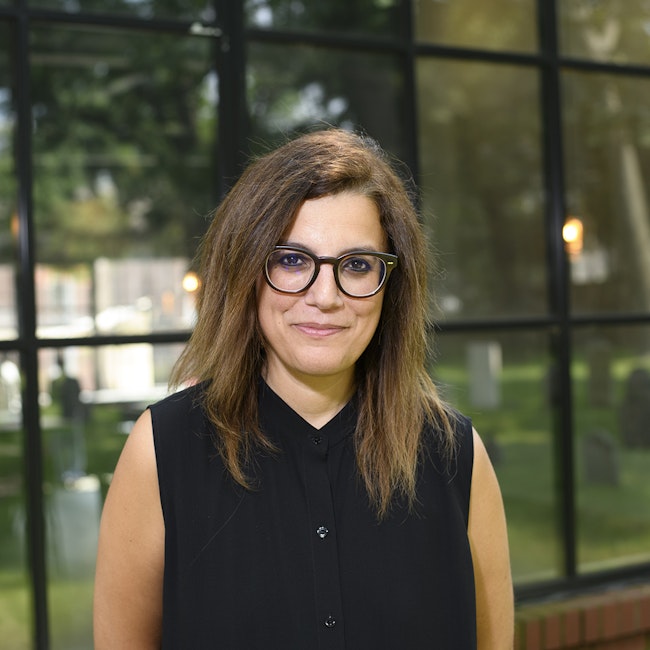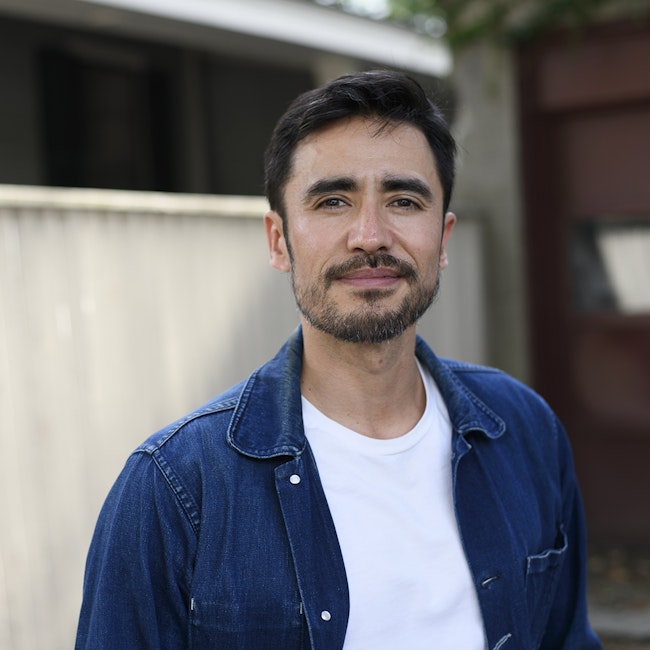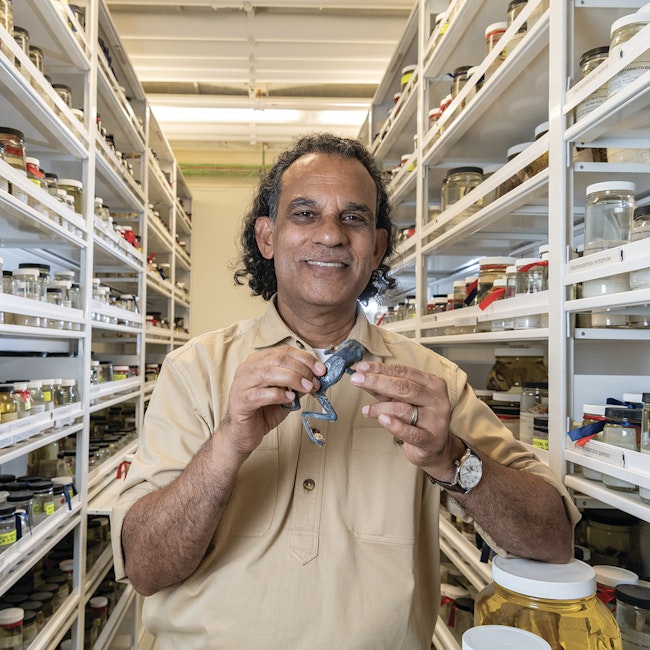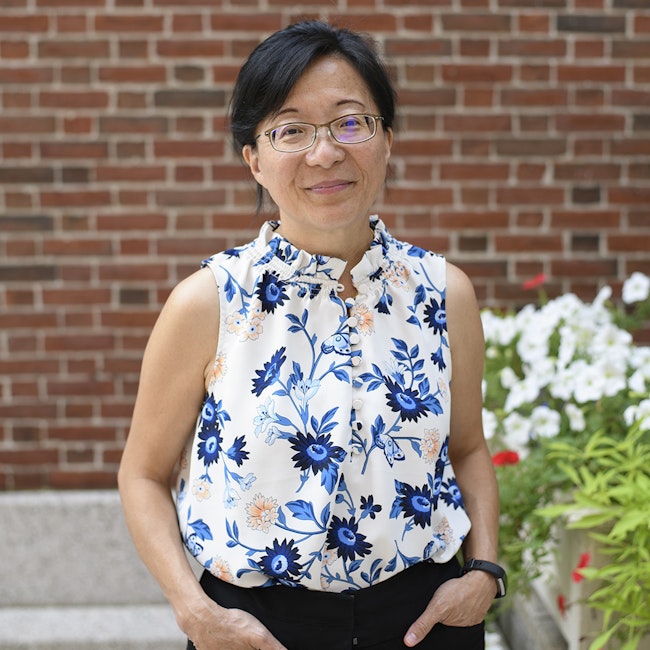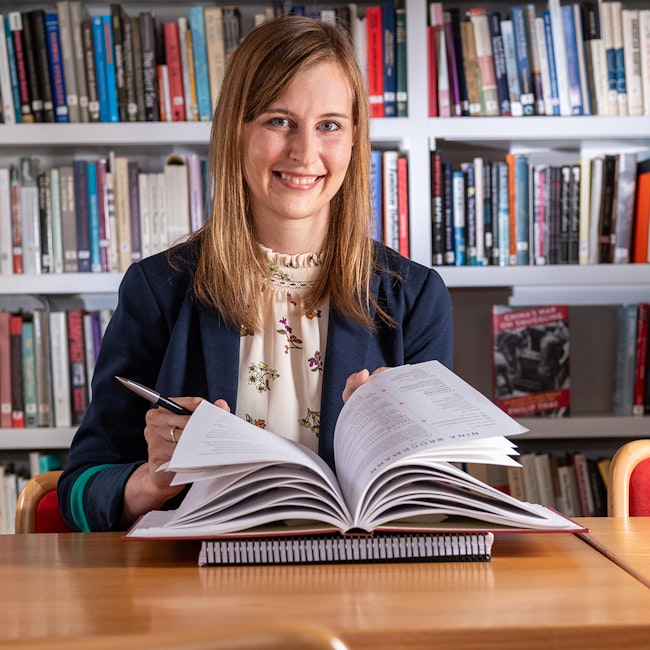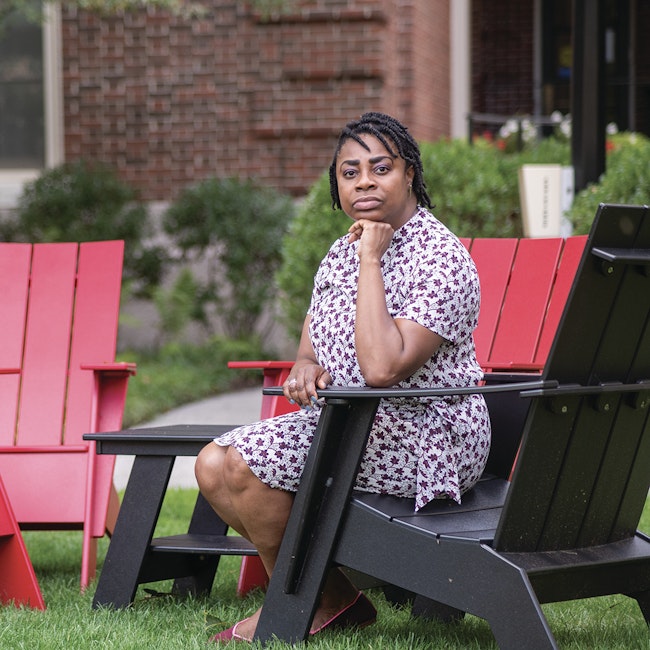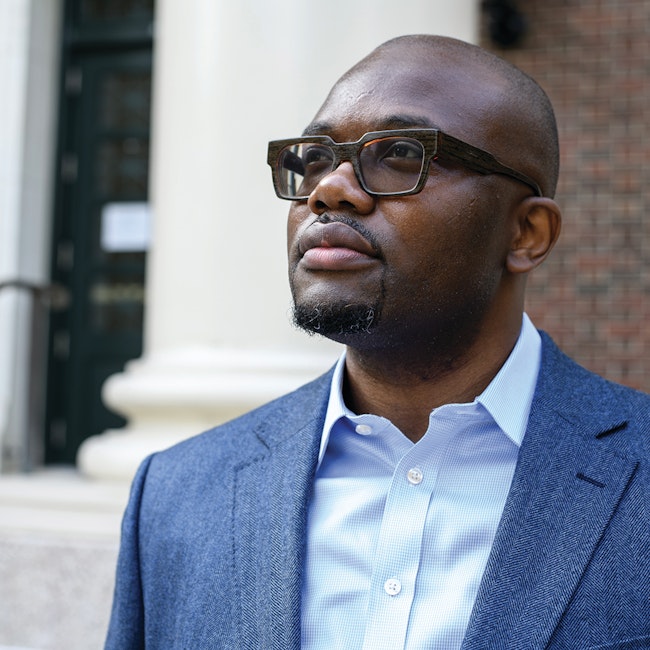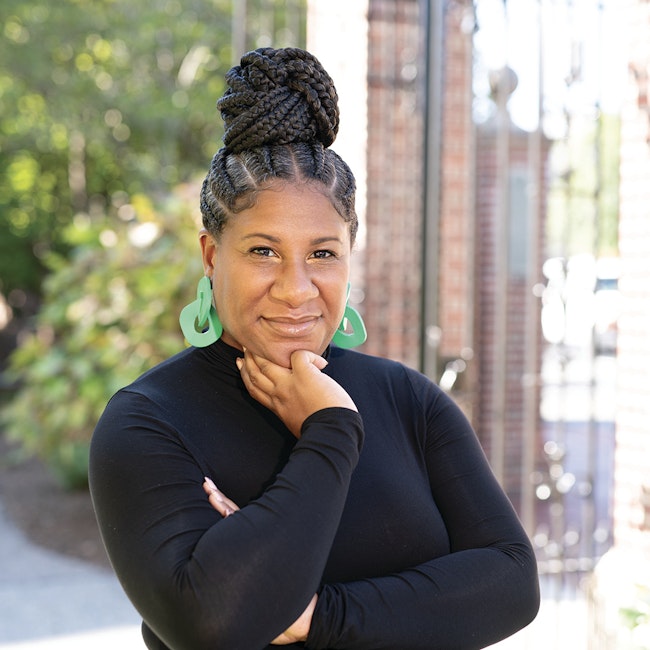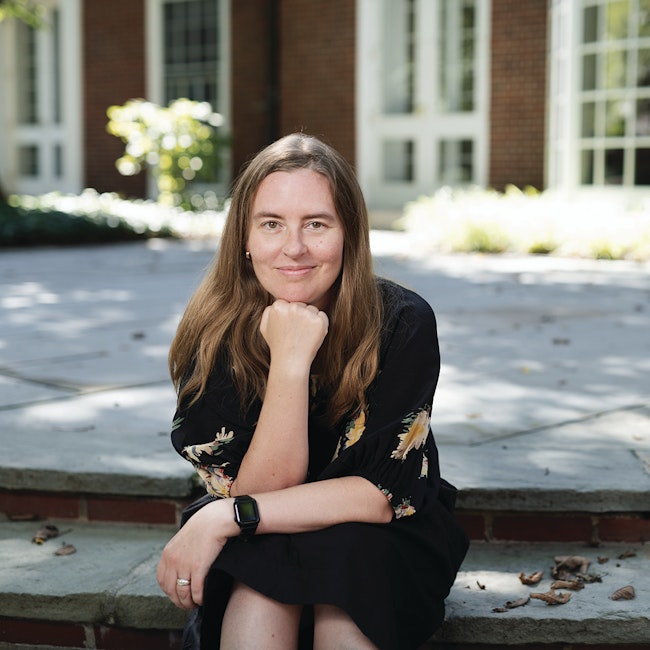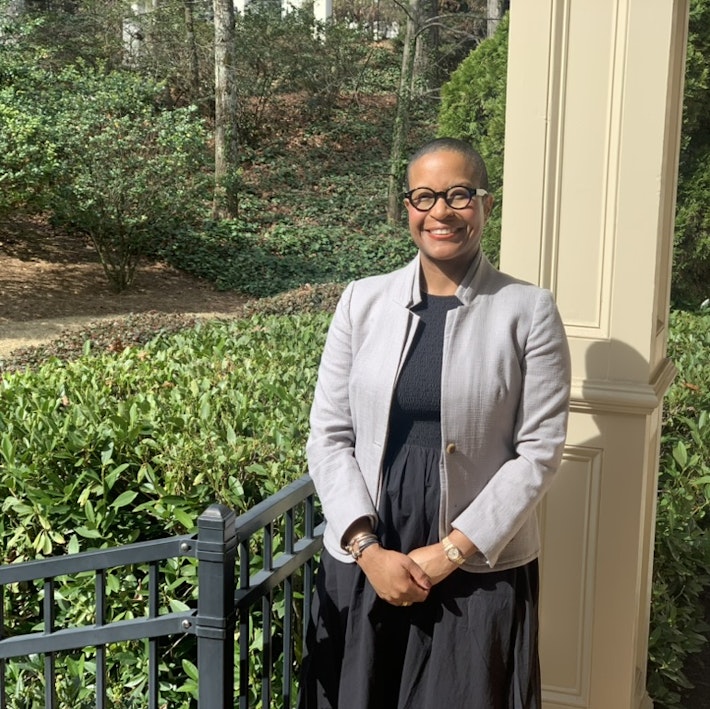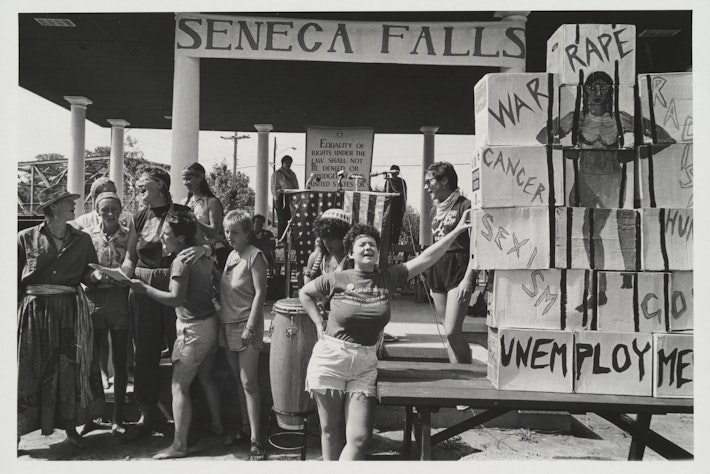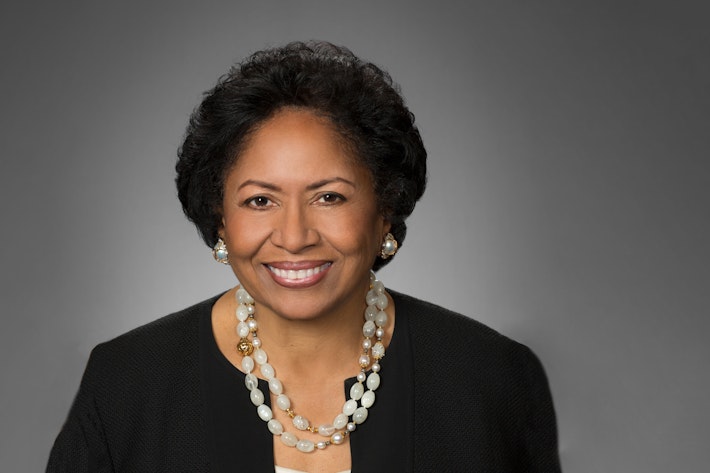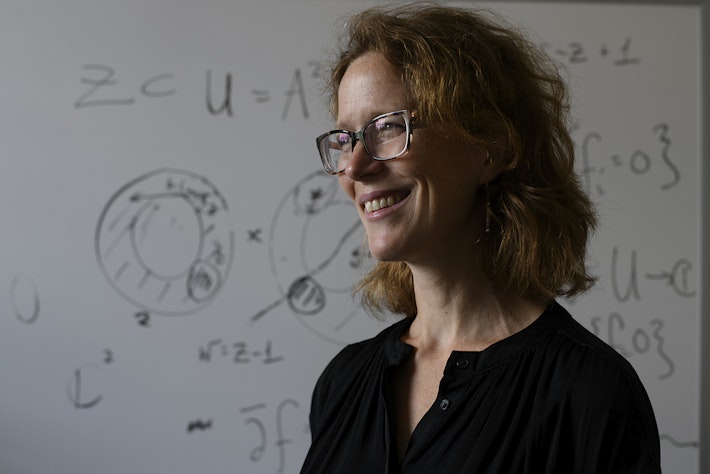Ada Louise Comstock
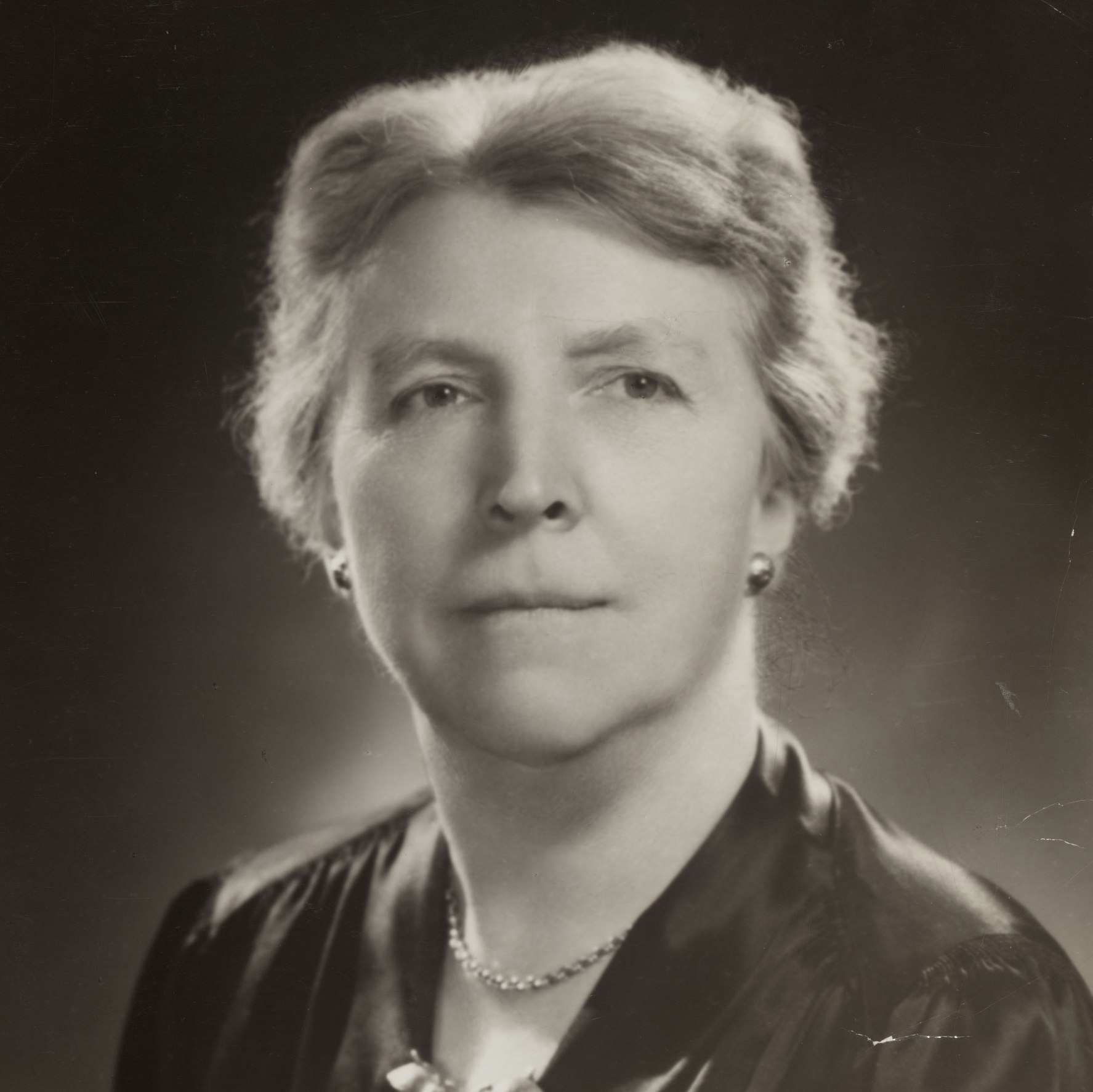
Ada Louise Comstock was Radcliffe’s first full-time president. She graduated from high school in Moorhead, Minnesota, at the age of 15 and attended the University of Minnesota before transferring to Smith College. She then earned a master’s degree in English history and education from Columbia University. She served as a professor and dean of women at the University of Minnesota before acting as dean of Smith College for 11 years, and in 1923 she became the third president of Radcliffe College. Comstock’s 20-year presidency spanned the boom years of the 1920s, the difficult times of the Great Depression, and the early years of World War II.
In 1943 Comstock—along with Harvard’s Dean Paul Buck and President James Bryant Conant—reached a Harvard-Radcliffe agreement for joint instruction, by which Harvard took full responsibility for the education of Radcliffe students, an important step in the institutional advancement of women at Harvard.
The 1943 agreement did not, however, require coeducational classes. Coeducation, initiated in the summer of 1943 for all except freshman classes, was intended to be temporary, because large numbers of men—both students and faculty—had left Cambridge to participate in the war.
The effect of Comstock’s leadership was felt far beyond Radcliffe, in national politics as well as educational policy. She was the only woman who served on President Herbert Hoover’s commission investigating widespread violations of the 18th Amendment, which prohibited the production and sale of alcoholic beverages. She encouraged the development of women’s higher education in China and Japan and was the president of the American Association of University Women. She was also a leader of the Seven College Conference and a board member of many independent schools, including Brimmer and May School, Buckingham School, and Concord Academy. She served on the boards of several colleges, including Bennington, Simmons, and Smith. In the breadth of her activities, Comstock exemplified the active woman citizen of the post-suffrage period.
